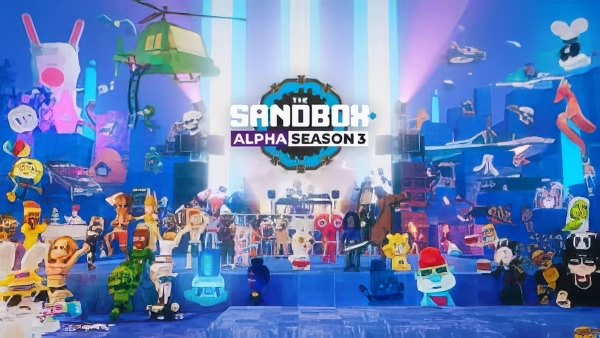The Future of Gaming: Metaverse, Web3 and Play-and-Earn Models
Today, I’d like to chat about some genuinely thrilling movements in the gaming sphere, encompassing the notions of Metaverse, Web3 and play-and-earn schemes. I realise at first glance these terms might seem somewhat perplexing, but don’t fret, I’ll demystify these in a manner that’s digestible even for those amongst us who aren’t tech buffs.
What’s the buzz in the gaming realm of late? Well, it’s evolving – and at a rather brisk pace too. The propellants of this metamorphosis include technological leaps and a shift in our gaming proclivities.
Let’s tackle the term Metaverse first. Envision a virtual realm where you can converge and interact with a multitude of other players online. It’s essentially a mutual digital universe where the demarcation between the tangible and the virtual realms grows faint, offering a more enveloping and dynamic gaming ordeal. One game that splendidly embodies this notion is Legends of Elysium (LoE). It’s not solely a conventional game – it’s a chunk of the Metaverse where you can traverse new narratives and escapades, forge your own microcosms, and contend with others in combat, all within a digital sphere. And all this can be enjoyed from the snug confines of your abode.
Next in line is Web3, also dubbed the decentralised internet. Unlike Web2, with applications hinging on centralised servers, Web3 facilitates the crafting of decentralised applications (dApps). With dApps, running on a consortium of computers, you gain enhanced authority and openness over your in-game possessions.
LoE exemplifies this as well. It’s constructed on an Ethereum Virtual Machine (EVM) compatible blockchain, which is a preferred platform for fashioning such dApps. To amp up the thrill, LoE employs Non-Fungible Tokens (NFTs) to denote in-game assets. These are distinct digital assets that you, as the gamer, truly possess and can barter. This concept infuses an element of tangible-world worth into your gaming experience.
And this ushers me to my third topic – play-and-earn schemas. This is a contemporary business model that amalgamates the joy of gaming with the potential of accruing real-world lucre. As you engage in the game and accrue digital assets, you can exchange them for actual currency. Indeed! You can generate income from playing online games. With LoE, this concept is furthered. You can veritably own your in-game items and trade them in diverse marketplaces, presenting more channels to earn.
But there are hurdles; let’s not paper over them. A salient impediment in manifesting games like LoE is the paucity of resources and know-how. Forging a game entailing blockchain technology necessitates a robust grasp of both spheres, not to overlook the gaming facet. Yet, the architects of LoE are zealous and dedicated. They’re mobilising their prowess in both game production and blockchain tech to furnish us with this singular gaming odyssey.
In conclusion, the gaming industry is in the throes of a colossal evolution with the emergence of the Metaverse, Web3, and play-and-earn models. The obstacles are tangible, but the prospects too tantalising to overlook. It’s an indeed electrifying epoch for gamers, game creators, and backers alike. As technology persists in its unceasing metamorphosis, I’m on tenterhooks to witness how these trends unfurl and redefine the gaming future. Bear in mind, in this perpetually shifting gaming cosmos, innovation and adaptability reign supreme. Thus, ready yourself to plunge into these novel domains in gaming!
